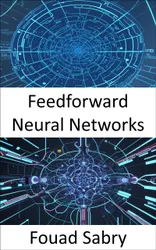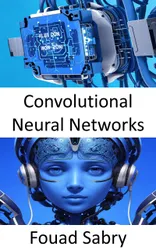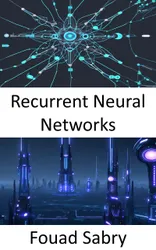What Is Markov Decision Process
A discrete-time stochastic control process is referred to as a Markov decision process (MDP) in the field of mathematics. It offers a mathematical framework for modeling decision making in scenarios in which the outcomes are partially controlled by a decision maker and partly determined by random chance. The study of optimization issues that can be handled by dynamic programming lends itself well to the use of MDPs. At the very least, MDPs were recognized to exist in the 1950s. Ronald Howard's book, published in 1960 and titled Dynamic Programming and Markov Processes, is credited for initiating a core body of study on Markov decision processes. They have applications in a wide variety of fields, including as robotics, automatic control, economics, and manufacturing, among others. Because Markov decision processes are an extension of Markov chains, the Russian mathematician Andrey Markov is where the term "Markov decision processes" (MDPs) originated.
How You Will Benefit
(I) Insights, and validations about the following topics:
Chapter 1: Markov decision process
Chapter 2: Markov chain
Chapter 3: Reinforcement learning
Chapter 4: Bellman equation
Chapter 5: Admissible decision rule
Chapter 6: Partially observable Markov decision process
Chapter 7: Temporal difference learning
Chapter 8: Multi-armed bandit
Chapter 9: Optimal stopping
Chapter 10: Metropolis-Hastings algorithm
(II) Answering the public top questions about markov decision process.
(III) Real world examples for the usage of markov decision process in many fields.
(IV) 17 appendices to explain, briefly, 266 emerging technologies in each industry to have 360-degree full understanding of markov decision process' technologies.
Who This Book Is For
Professionals, undergraduate and graduate students, enthusiasts, hobbyists, and those who want to go beyond basic knowledge or information for any kind of markov decision process.
What is Artificial Intelligence Series
The artificial intelligence book series provides comprehensive coverage in over 200 topics. Each ebook covers a specific Artificial Intelligence topic in depth, written by experts in the field. The series aims to give readers a thorough understanding of the concepts, techniques, history and applications of artificial intelligence. Topics covered include machine learning, deep learning, neural networks, computer vision, natural language processing, robotics, ethics and more. The ebooks are written for professionals, students, and anyone interested in learning about the latest developments in this rapidly advancing field.
The artificial intelligence book series provides an in-depth yet accessible exploration, from the fundamental concepts to the state-of-the-art research. With over 200 volumes, readers gain a thorough grounding in all aspects of Artificial Intelligence. The ebooks are designed to build knowledge systematically, with later volumes building on the foundations laid by earlier ones. This comprehensive series is an indispensable resource for anyone seeking to develop expertise in artificial intelligence.
























